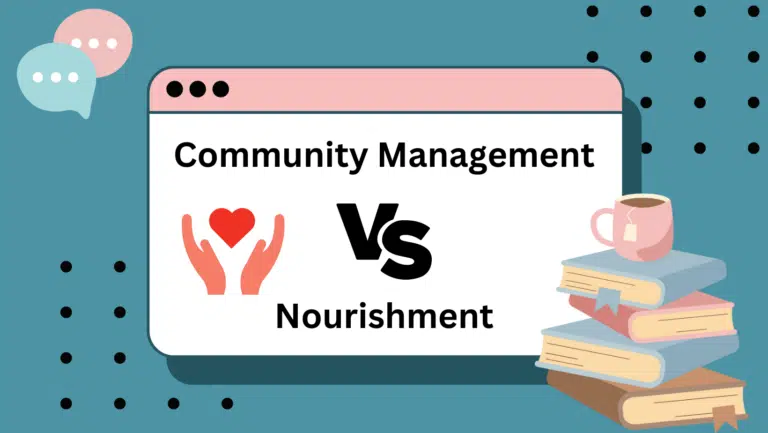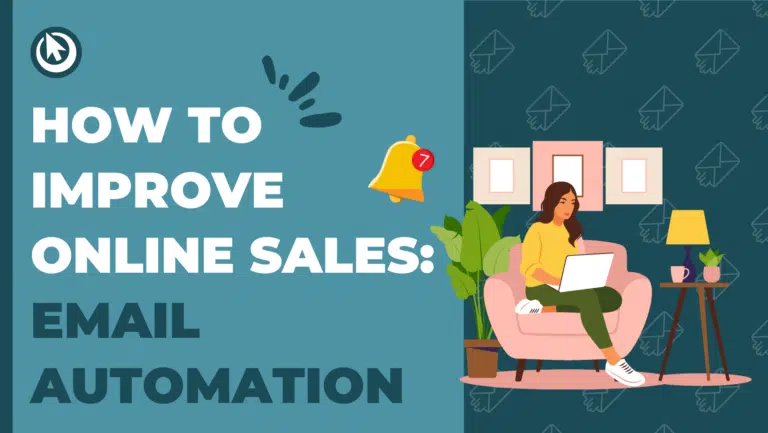Setting up a Pay Per Click – or PPC campaign is a good step in the right direction when it comes to getting more targeted, better-quality traffic to your website and making more sales. However, no matter how well your campaign is set up, the real magic of PPC lies in how you manage it in the weeks, months, and maybe years afterwards.
In this guide, we’re going to go through a few of the fundamentals of PPC management that you need to know. These ideas should help you ensure you don’t spend a lot more money than you should, get your leads and clicks for a reasonable cost, and structure your campaigns, so they work to your benefit. Let’s get started right away.
Understand your goals
Before you get started, why are you running a PPC campaign? It is critical that you aren’t just doing this for the sake of it, and that you have solid ideas of what you want to achieve. Whether you do your PPC yourself or hire out your campaigns to a specialist company such as Click Through Digital, the reality is that without targeted, measurable goals your PPC work will cost you a lot of money. So, define your goals. It could be branding, conversions, or leads – or maybe a combination of all three. Once you have your goals, you can start work on a strategy.
High-quality budgeting
Another critical factor to remember is that your budget needs a lot of care and attention. The idea here is to spend what you can afford, but also to ensure that you aren’t converting at a loss. For example, let’s say you are selling a product for £20. You can afford to spend up to £20 on PPC ads to sell one of those products. It sounds obvious, but there are a lot of marketers out there who make serious mistakes here, and some could end up spending 2x or 3x – maybe more – on ad campaigns than the actual cost of the product. If you are using a PPC agency, make sure that they are aware of the maximum amount you are prepared to pay for each conversion.
Pay attention to keywords.
Part of your initial strategy will be to get a set of keywords together to use in your PPC ad campaigns. You will need to consider the costs of using the most popular keywords relevant to your business, of course, but that’s not all. Over time you will start to see that some keywords don’t work as you thought they might, and these will be costing you money. It is essential that you keep a close eye on your keywords, and get rid of anything inefficient and costly, and perhaps even put them on a ‘negative keywords’ list. You should also keep one eye open for additional, new keywords – you may notice some long tail phrases are giving you more bang for your buck.
Ads and landing pages
The ads you start out with are rarely ever the ads you end up with – if you want to be successful, that is. You should try and split test your ads to get a glimpse of what works and what doesn’t and refine them over time. It’s the same principle for your landing pages. If your ads are being clicked, but your landing page isn’t converting, it’s a sign that you are losing a lot of money for nothing. So, tweak those landing pages, split test them, and keep on improving them until you start to see the conversions happening. The great thing about PPC ads is that you get all the data you need to show you the good and bad points of your campaigns. However, if you don’t act on that data, with good PPC management, you will lose time and money – it’s that simple.
The shortcut
PPC can help your business get more qualified traffic, better online leads, and ultimately, more sales and exposure. But make no mistake about it – PPC management can be a time-consuming process, particularly if you are busy the many things that go along with running a business. Therefore, it may be advisable to work with a professional PPC company, who can take over the reins of your campaign and get you the results you need – far quicker and more efficiently than you would be able to do from scratch. So, if you need help getting your next PPC campaign in good order, why not give us a call here at Click Through Digital?


